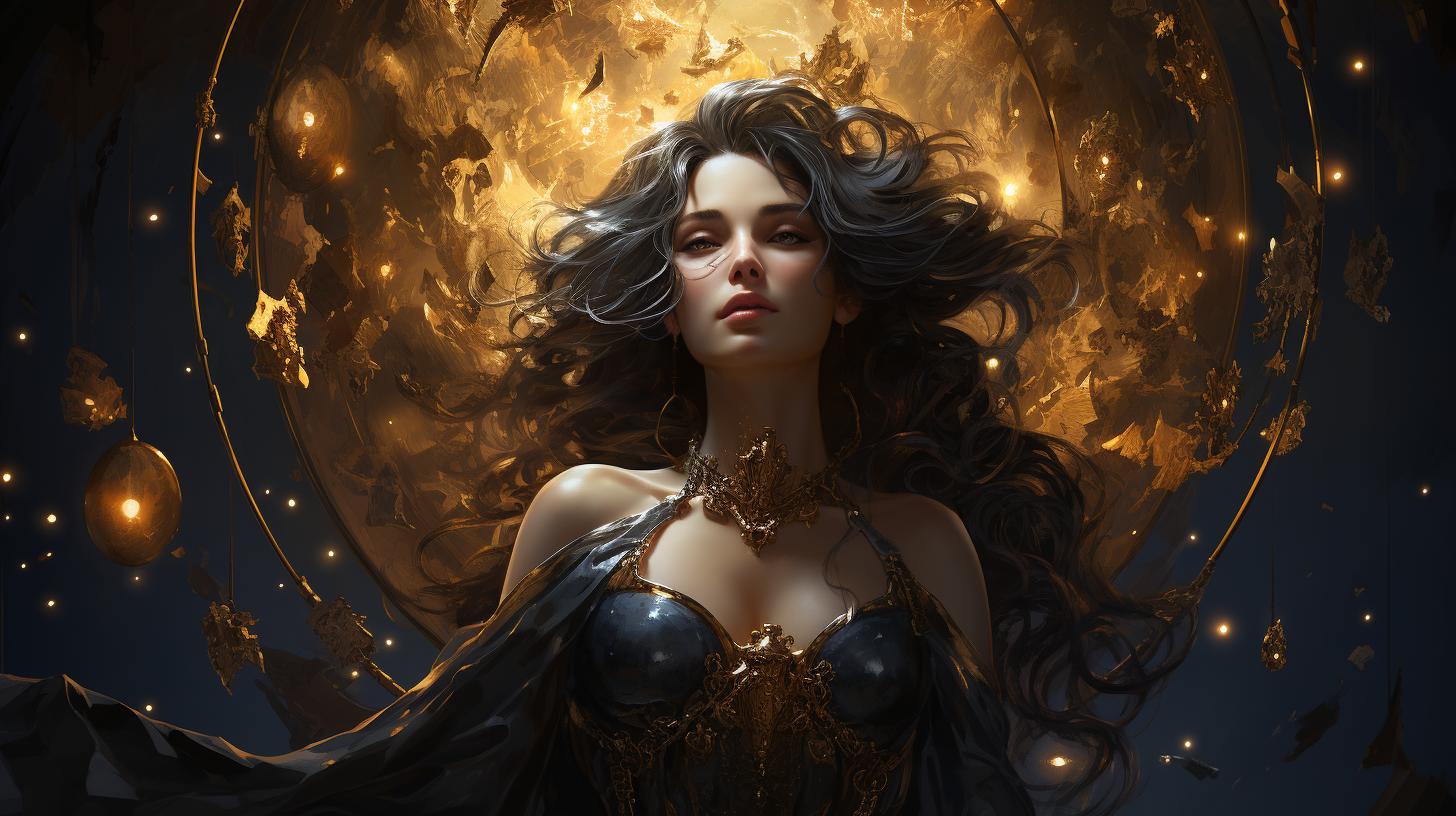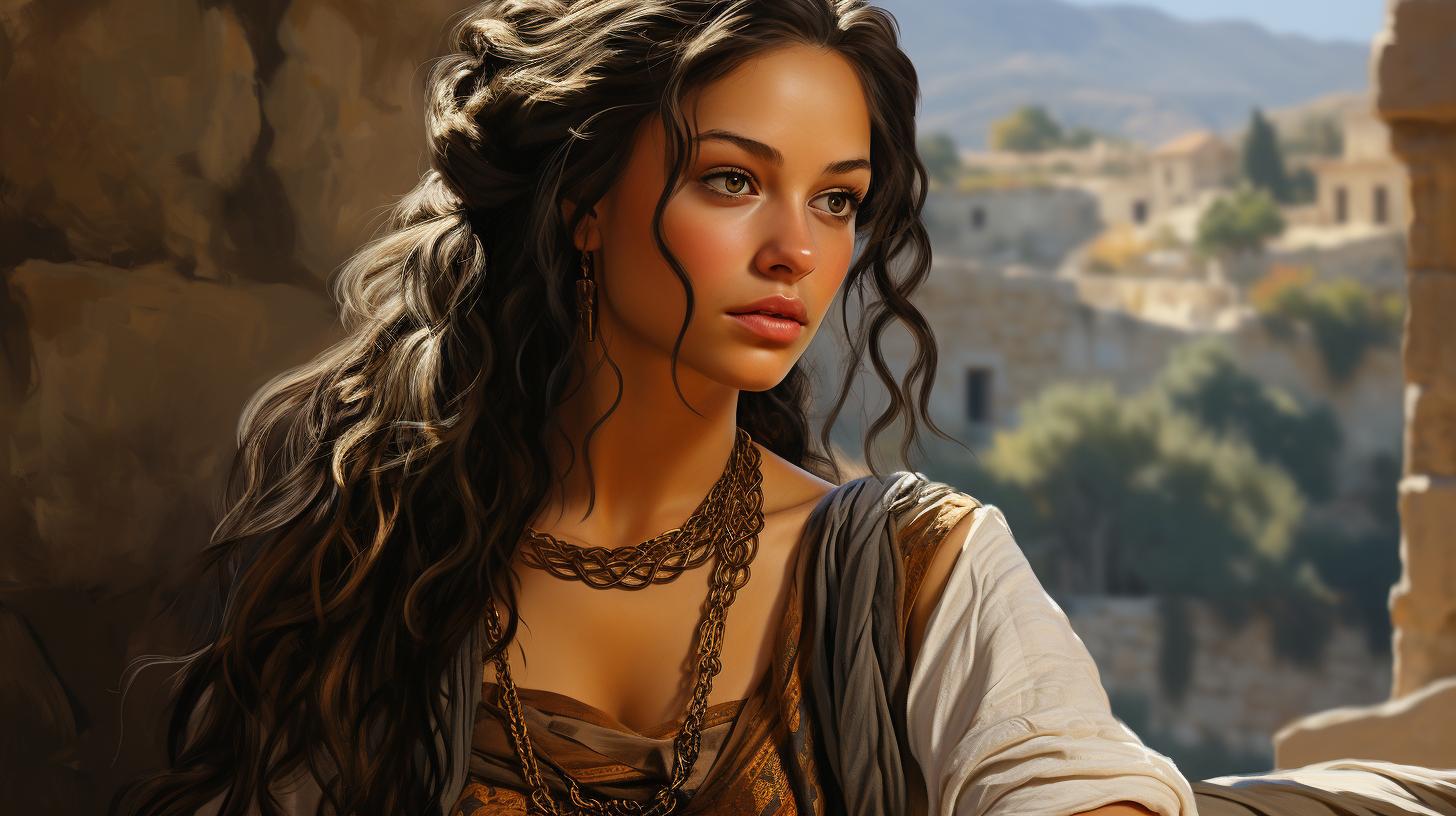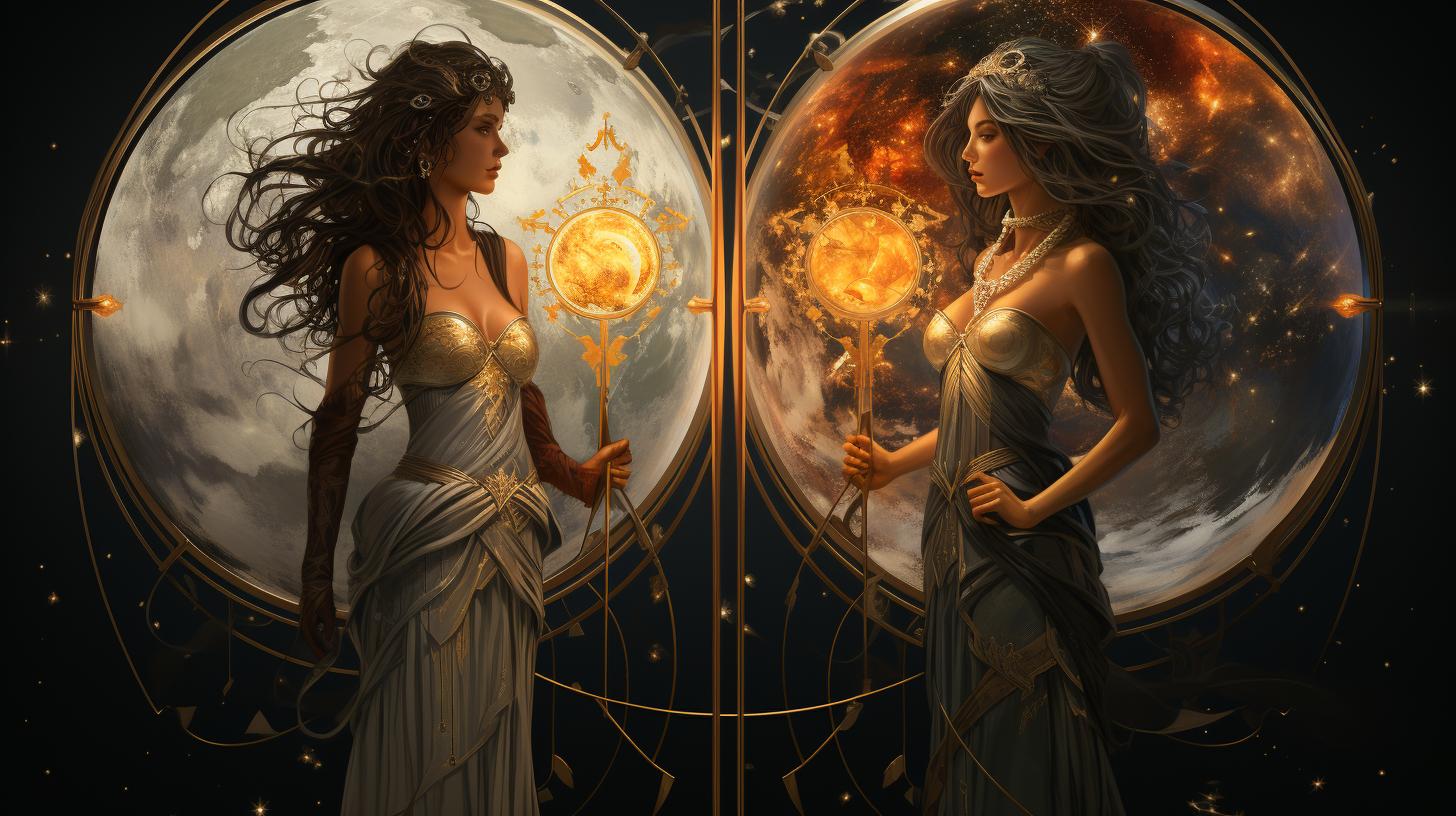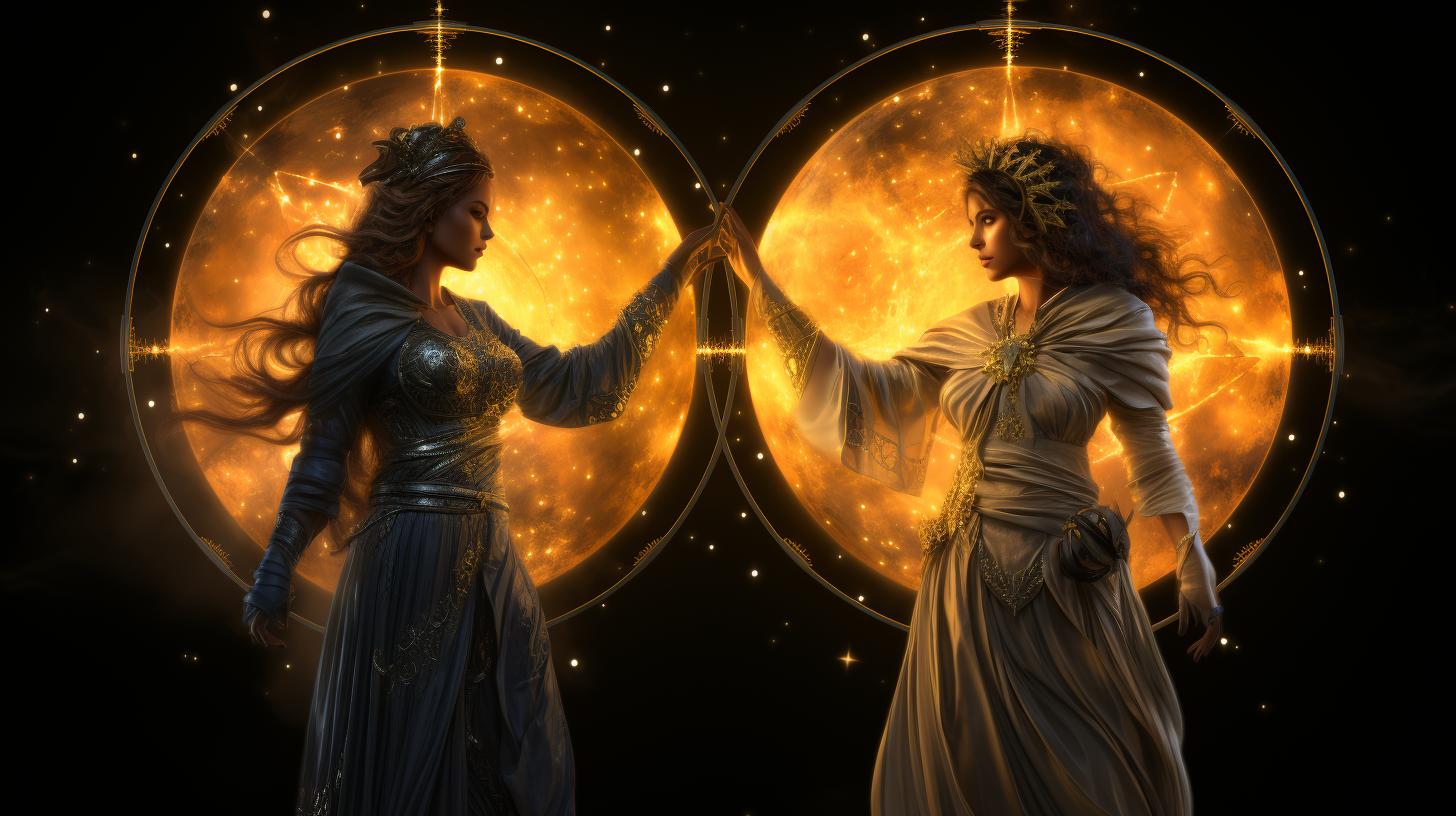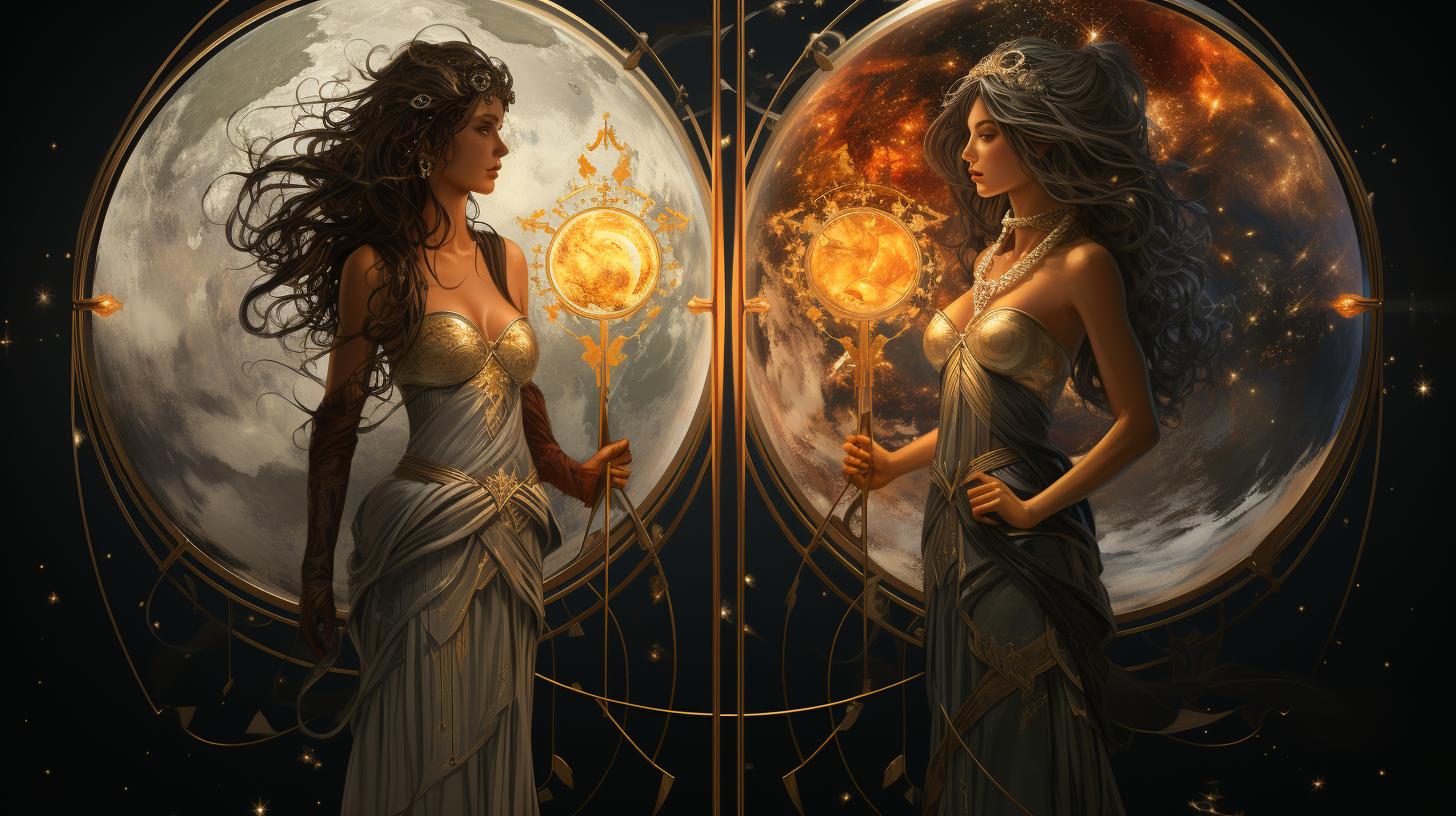Urania Greek Mythology: Exploring the Celestial Muse in Ancient Greek Lore
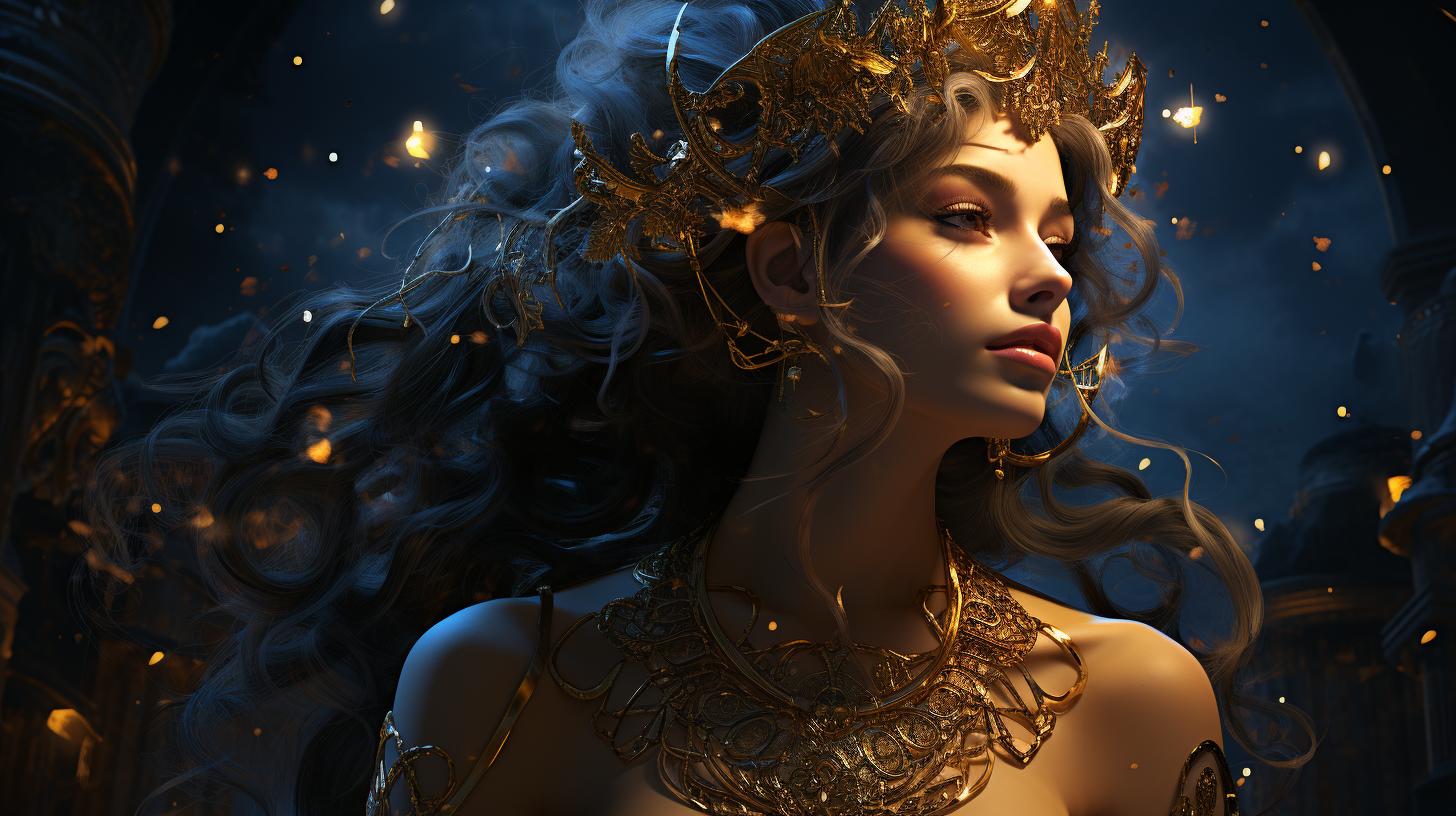
Urania Greek Mythology unveils the celestial muse of ancient Greek lore. She is the muse of astronomy and the stars, with mythological origins and family connections. Represented with a celestial globe and staff, Urania embodies knowledge and inspiration.
Her influence extends to poetry, literature, and the arts, leaving a lasting impact on Renaissance literature and contemporary culture. Urania’s progeny include Linos, a musician and bard, as well as Hymenaios, the personification of wedding songs.
Observatories worldwide pay tribute to Urania, and even an asteroid, Urania 30, honors her celestial legacy. Associated with divination and future predictions, Urania’s connection with astrology is intriguing.
Urania Greek Mythology: Unveiling the Celestial Muse
Urania, known as the muse of astronomy and the stars, holds a significant place in Greek mythology and culture.
As her name suggests, Urania’s celestial influence extends beyond the mortal world, guiding scholars and thinkers in the pursuit of astronomical knowledge.
Urania: The Muse of Astronomy and the Stars
Mythological Origins and Family Connections
Urania’s lineage traces back to Zeus, the king of the gods, and Mnemósine, the titaness of memory. Born from this divine union, Urania embodies the celestial realm and the heavens themselves.
Her name, meaning “celestial” or “product of the heavens,” aptly captures her essence.
Symbolism and Representation in Art
Urania is often depicted holding a celestial globe, symbolizing her dominion over the stars and the astronomical realm.
With her ethereal staff, she points to the skies, representing her connection to the divine wisdom of the cosmos. Artists throughout history have sought to capture her grace and elegance in their works.
Urania’s Role in Greek Mythology and Culture
Patronage of Astronomy and Knowledge
Urania’s primary role centers around her guidance in the field of astronomy. She possesses the unique ability to predict the future by observing the stars, granting her an esteemed status among scholars and diviners.
Priests and sages often sought her wisdom to navigate the mysteries of the universe.
Influence on Poetry and Literature
Urania’s influence transcends the realm of science, permeating the realms of poetry and literature.
Her association with the celestial sphere ignited the imagination of countless poets and writers, inspiring celestial metaphors and celestial-centric themes. The celestial muse continues to inspire modern-day creators to craft awe-inspiring works.
The Influence of Urania in Popular Culture
Urania in Renaissance Literature and Arts
During the Renaissance period, Urania held a prominent place in the hearts of many renowned poets and artists. Her celestial allure and connection to the cosmos made her an ideal muse for creative minds.
John Milton and countless others sought inspiration from Urania, weaving her into their artistic masterpieces.
Contemporary References and Inspirations
Even in the present day, Urania’s influence remains strong. Her celestial image is often referenced in various forms of media, from literature to film and music.
Her name carries an air of mystery and enlightenment, evoking a sense of wonder and curiosity about the universe.
Urania’s Progeny: Exploring Linos and Hymenaios
Linos: The Musician and Bard
Urania’s lineage extends to her son, Linos, a talented musician and bard. Known for his melodic voice, Linos enchanted audiences with his celestial-inspired compositions. His musical prowess further emphasizes Urania’s connection to the arts and the celestial spheres.
Hymenaios: The Personification of Wedding Songs
Urania is also believed to be the mother of Hymenaios, the personification of wedding songs. Hymenaios blesses marital unions with his joyful melodies, embodying the harmonious union of love and celestial blessings.
Through her children, Urania’s influence extends to the realms of music and matrimonial celebrations.
Urania’s Celestial Legacy: Observatories and Astronomical Dedication
Urania-Inspired Observatories Around the World
Several renowned observatories across the globe bear Urania’s name, honoring her celestial role. From Amberes to Vienna, these institutions embody her dedication to the study and exploration of the stars.
Each observatory represents a testament to Urania’s lasting influence on astronomical knowledge.
Urania 30: The Celestial Asteroid Tribute
Even the celestial bodies pay homage to Urania’s celestial legacy. Urania 30, an asteroid named in her honor, perpetuates her celestial presence in the vastness of space.
Its dedication serves as a reminder of Urania’s lasting impact on astronomy and humanity’s quest for celestial understanding.
Urania and the Stars: Divination and Future Predictions
Urania’s Astral Insights and Prophecies
Urania possesses a unique gift of divination, interpreting the stars’ movements to predict future events. Her celestial wisdom grants her the ability to unlock secrets hidden within the cosmos.
Seekers of knowledge and those longing for glimpses into the future turn to Urania’s guidance and celestial insights.
The Connection Between Urania and Astrology
As the muse of astronomy, Urania’s influence extends to the realm of astrology.
The study of celestial bodies and their positions holds a profound significance in astrological practices. Urania’s celestial domain intertwines with astrology, providing a bridge between science and the mystical realms of divination.











